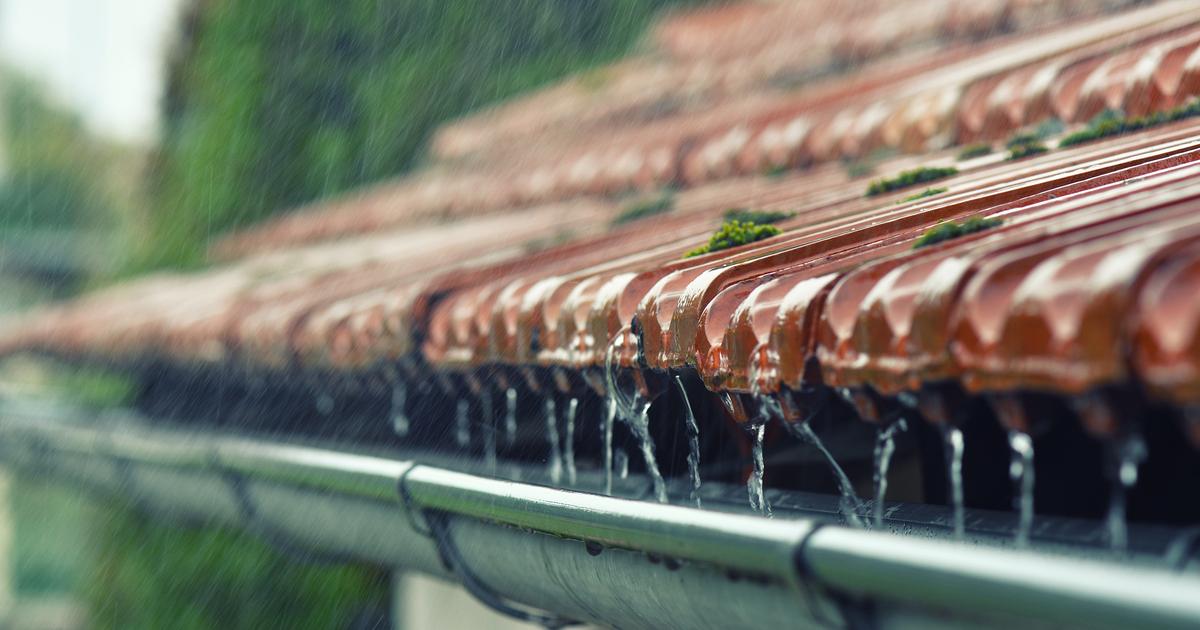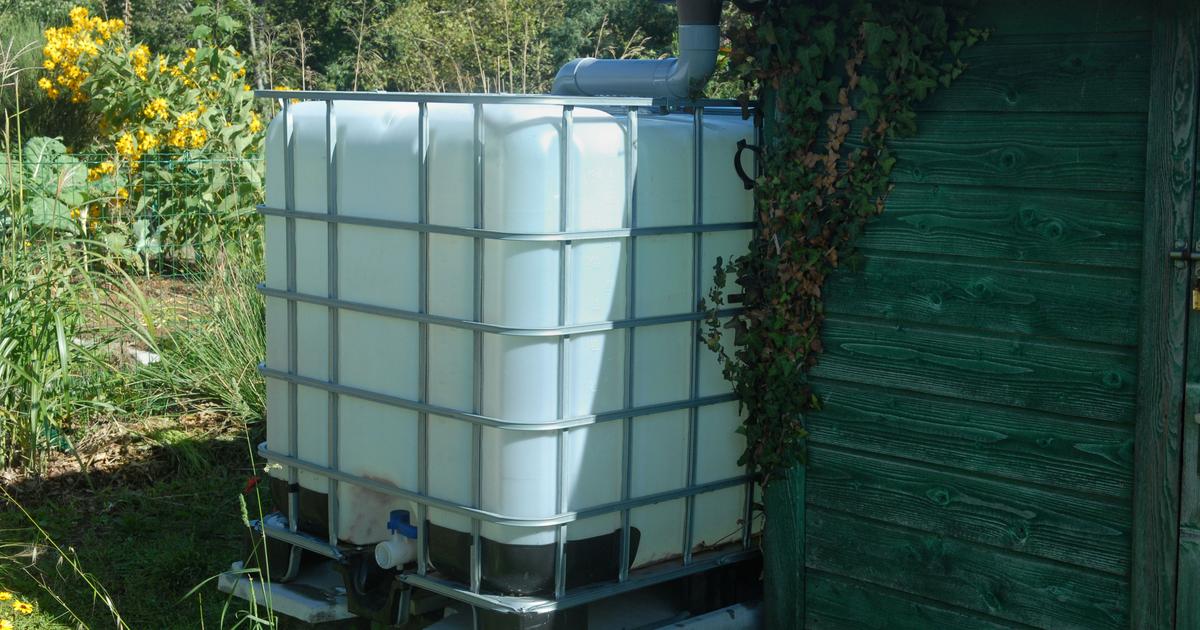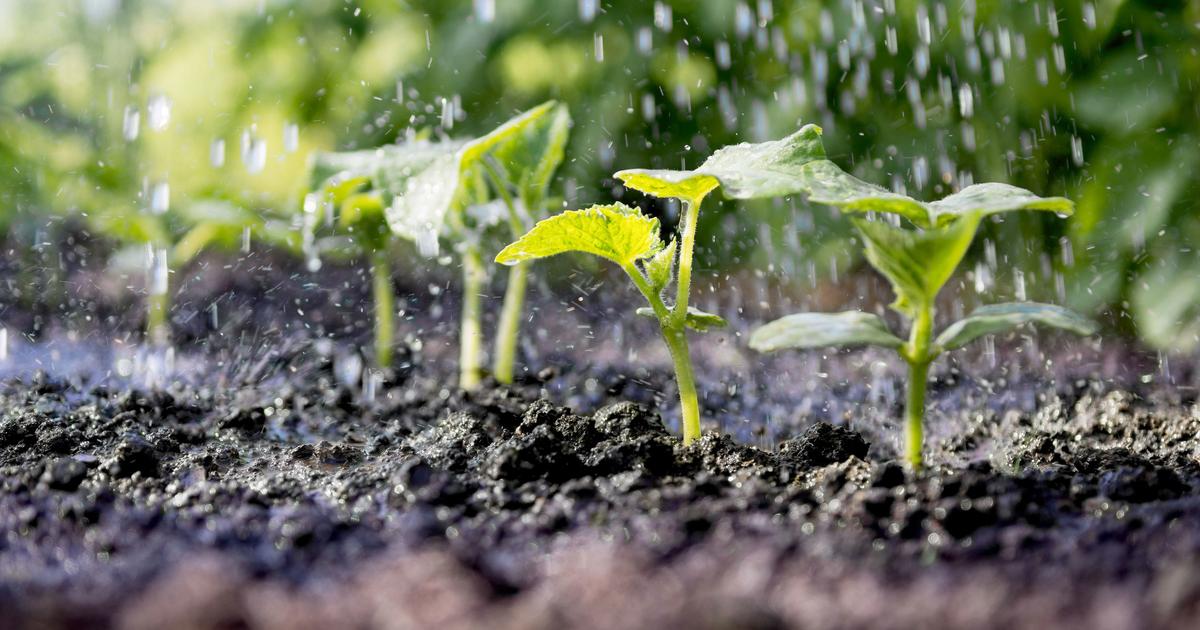Rainwater falls on the roof of isolated houses or on the property line, runs off to the ground or reaches it directly.
The legal regime of rainwater is essentially set by articles 640, 641 and 681 of the Civil Code, which define the rights and duties of landowners with regard to it.
Who owns the rainwater?
The Civil Code is very clear on this subject:
rainwater that falls on someone's property becomes his property
.
By virtue of his right of ownership, he can use and dispose of it as he sees fit
(
article 641 of the Civil Code
)
.
Provided that he does not make a use of it prohibited by law.
For example, using them in food consumption.
Good to know
By rainwater, we mean that coming from rain, melting snow, hail or ice.
Where should rainwater go?
Article 640 of the Civil Code sets out different options for routing rainwater:
It can fall on flat ground and spread naturally.
It can fall on sloping ground and then flow naturally below, due to the effect of the slope.
Without being the consequence of the human hand.
From a legal point of view, we speak of a legal easement for the flow of rainwater.
It imposes itself, by effect of the law, on the owner below.
Financial compensation cannot be requested by the latter, even though he suffers damage (such as a flood on his land).
In addition, the neighbor where the rain falls cannot erect a dike to prevent the flow from the upper fund to his.
The neighbor of the upper bottom cannot act in any way to force the rain to drain lower.
In the case of human intervention, compensation is due to the owner of the lower fund.
The victim of the damage must then seize the judge of the judicial court.
It can finally
fall on a roof
, flat or sloping, and be evacuated in the garden below, or on the public road.
For example, pipes aimed at discharging rainwater elsewhere, such as in the street or in the garden next door, are prohibited, whereas previously they flowed naturally over the whole of the land.
Good to know
Even in the event of damage suffered, the owner of the lower fund must not impede the free flow of diverted water.
Note
: the town's PLU may prohibit the evacuation of rainwater to the public road.
In this case, the owner must, at his own expense, carry out the necessary work to collect rainwater inside his land.
Read alsoHow to create a rain garden?
Who takes care of the drainage of rainwater?
Rainwater falling on a plot becomes the property of its holder.
It is therefore up to its owner to collect them, store them, or let them flow out naturally.
Drainage of rainwater at the property line: what to do?
An owner can build a house on his land up to the dividing line of his property.
The law requires the owner of a house on the property line to ensure that rainwater flows onto his land or onto the public road, and not to the neighbor
(
article 681 of the Civil Code
).
It is a question of channeling the water on its own ground.
To do this, he can install a gutter system starting from his roof and then heading towards his floor, without it overhanging the land next door.
In principle, the overhang of a private property is not authorized, including with a gutter, except express agreement of the person concerned.
On the other hand, if the overhanging situation has lasted for more than 30 years, an
overhanging easement
is created which is no longer open to challenge
(
article 690 of the Civil Code
)
.
Read alsoCan my neighbor use my land to carry out his work?
How to evacuate rainwater?
Rainwater can be harvested for gardening.
schulzie / stock.adobe.com
The owner of rainwater can use it and dispose of it as he wishes.
For example, he can:
Collect them for domestic use, excluding food consumption: watering the garden, cleaning garden furniture or the car, etc. (without being able to connect to the town's sanitation network).
Store them in an above-ground or buried tank.
Dig a drainage trench.
Install an infiltration well.
Create a retention basin.
Do nothing specific.
Read alsoMy neighbor no longer maintains his garden: what to do?
Who can sanction faults committed in defiance of the regulations on the evacuation of rainwater?
If the owner of a lower fund suffers damage due to the diversion of rainwater by the neighbor of the upper fund, he can go to court and obtain compensation if necessary.
By virtue of his police powers, the mayor of a municipality has powers to prevent and stop flooding caused by poor drainage of rainwater
(
article L2542-10 of the CGCT
).
Read alsoMy neighbor is doing work without permission: what to do?
What to do in the event of a neighborhood conflict over the rainwater discharged?
If the subject of rainwater crystallizes tensions between neighbours, it is important to know the rights and duties of each.
Then always attempt an amicable resolution of the dispute before turning to the courts.
If you are regularly flooded by water dumped illegally by your neighbor, here are some tips:
Remind him of the articles of the Civil Code mentioning that the legal easement of water flow is only valid when the latter is natural, that is to say that it does not come from or is not accentuated by the hand of Man
(article 640 cited above)
.
Ask him by mail to kindly carry out work to stop his evacuation system at your home.
Put him on notice to carry them out within a certain period of time.
Warn him that in case of inaction, you will be entitled to take legal action.
Go to court.
To provide you with proof of your damage, you can ask a commissioner of justice to come and see the disputed installation and the damage suffered.
On the other hand
, if the neighbor below does not support the natural runoff of rainwater at home, you are entitled to remind him that the law confers a legal easement of water flow.
Clearly, you are not forced to divert it or stop it so that it does not land at his place.
Read alsoMy neighbor uses my outdoor trash can on the public highway, what should I do?
Model letter in the event of a neighbor's water spillage
Here is an example of a letter that you can send to the occupant adjoining or on the property line if his rainwater flows abnormally at your home:
sample letter
Your surname and first nameYour addressLast name/First name of neighbourAddressAt [place], on [date]LRAROSubject: Evacuation of your rainwaterMadam/Sir,I am hereby writing to inform/remind you that your rainwater is draining illegally from your gutter on the wall of my property. Under Article 681 of the Civil Code, you are not allowed to pour your rainwater from your roof onto the neighboring fund.
In this case with me.Legally, you are required to … [list here the repairs or work requested.
For example, cleaning the gutters]. Your stormwater runoff is causing damage to my home [list them here.
For example, deterioration of the facade or peeling of the paint on the shutters]. This is why I ask you, within a fortnight, to carry out the necessary work.
Read alsoBuy back a plot of land from a neighbor, is it possible?
Conclusion: what you need to know about stormwater runoff
The evacuation of rainwater is regulated by law:
If they belong to the owner of the upper land on which they fall, the latter cannot aggravate the drainage easement.
Conversely, the neighbor of the lower fund cannot oppose the passage of rainwater from the property of a neighbor located upstream.
The occupant of a house on the property line must ensure that rainwater flows onto his property or onto the public road, and not his neighbour's.
The gutters allowing their runoff from the roof (flat or sloping roof) to the ground must not overhang the neighboring plot.















